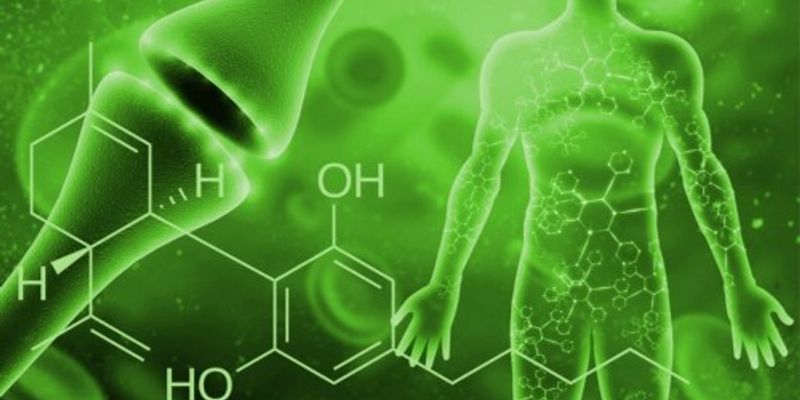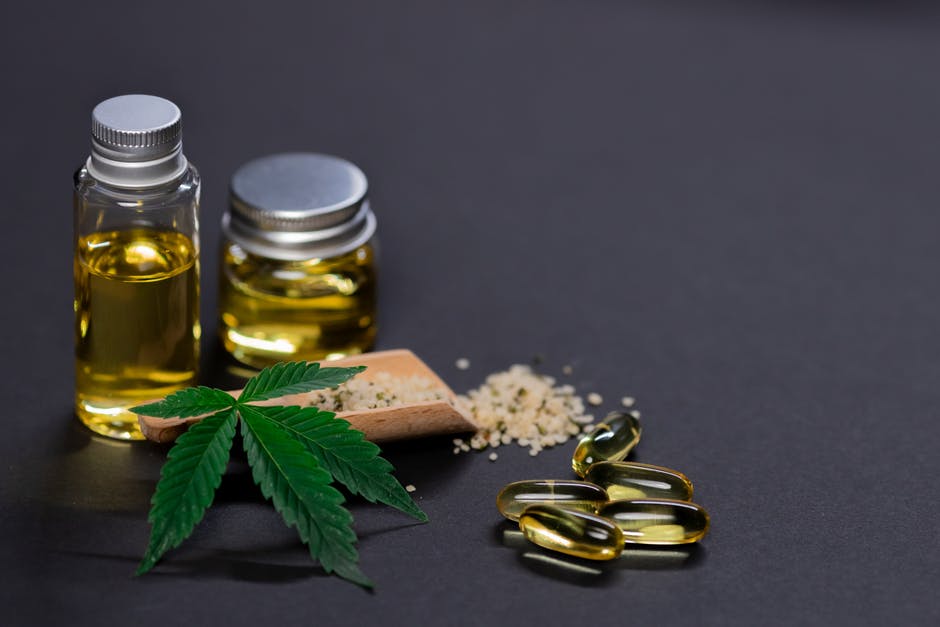
Tips for Safeguarding Your Endocannabinoid System
In today's fast-paced world, where stress, anxiety, and various health challenges are prevalent, maintaining a healthy balance within our bodies is paramount. One crucial system that plays a significant role in achieving this equilibrium is the endocannabinoid system (ECS). Responsible for regulating a wide array of functions such as mood, sleep, appetite, and pain sensation, the ECS is a complex network of receptors and neurotransmitters spread throughout the body. Given its importance, safeguarding the ECS is essential for overall well-being. Here, we'll delve into some valuable tips to help you support and protect your endocannabinoid system for optimal health.
Understanding the Endocannabinoid System
The endocannabinoid system consists of three main components: endocannabinoids, cannabinoid receptors (CB1 and CB2), and enzymes responsible for synthesizing and breaking down endocannabinoids. Endocannabinoids are lipid-based neurotransmitters produced naturally within the body, while cannabinoid receptors are located on the surface of cells, primarily in the brain and immune system. These receptors interact with both endocannabinoids and phytocannabinoids (cannabinoids derived from plants such as cannabis) to regulate various physiological processes.
Balancing Endocannabinoid Tone
Maintaining a balanced endocannabinoid tone is essential for overall health and well-being. Factors such as stress, poor diet, lack of exercise, and exposure to toxins can disrupt this delicate balance, leading to ECS dysfunction. To support your endocannabinoid system, focus on adopting healthy lifestyle habits. Incorporate stress-reducing activities like meditation, yoga, or deep breathing exercises into your daily routine. Ensure you're consuming a nutrient-rich diet that includes plenty of fruits, vegetables, and omega-3 fatty acids, as these nutrients play a crucial role in ECS function. Regular physical activity can also help boost endocannabinoid levels and promote overall health.
Optimizing Endocannabinoid Receptor Sensitivity
Endocannabinoid receptors, particularly CB1 receptors found in the brain, are integral to the functioning of the ECS. However, prolonged exposure to high levels of cannabinoids, whether endogenous or exogenous, can lead to desensitization of these receptors—a phenomenon known as downregulation. To prevent this, consider incorporating periodic breaks from cannabis or other cannabinoid-rich substances. This allows receptors to reset and regain sensitivity, ensuring optimal ECS function over the long term. Additionally, explore alternative methods of cannabinoid consumption, such as microdosing or using products with lower cannabinoid concentrations, to minimize the risk of receptor desensitization.
Supporting Endocannabinoid Production and Metabolism
Endocannabinoid production and metabolism are tightly regulated processes governed by enzymes such as fatty acid amide hydrolase (FAAH) and monoacylglycerol lipase (MAGL). These enzymes break down endocannabinoids once they've served their purpose, preventing excessive signaling within the ECS. To support healthy endocannabinoid metabolism, consider incorporating foods rich in polyunsaturated fats, such as hemp seeds, flaxseeds, and walnuts, into your diet. These fats serve as precursors for endocannabinoid synthesis, ensuring an adequate supply of endocannabinoids for optimal ECS function.
Exploring Phytocannabinoid Supplementation
While the body produces its own endocannabinoids, supplementation with phytocannabinoids derived from plants like cannabis can also support ECS health. Cannabidiol (CBD) and tetrahydrocannabinol (THC) are two of the most well-known cannabinoids, each offering unique benefits for ECS function. CBD, in particular, has gained widespread attention for its potential to modulate ECS activity without causing intoxication. When choosing CBD products, opt for high-quality, third-party tested formulations to ensure purity and potency. Start with low doses and gradually increase as needed, paying attention to how your body responds.
Minimizing Endocannabinoid Disruption
In addition to supporting ECS function, it's essential to minimize factors that can disrupt endocannabinoid signaling. Chronic stress, for example, can lead to elevated levels of the stress hormone cortisol, which can interfere with ECS activity. Prioritize stress management techniques such as mindfulness, relaxation exercises, and adequate sleep to mitigate these effects. Additionally, limit exposure to environmental toxins, such as pesticides, heavy metals, and pollutants, which can impair ECS function and overall health. Choosing organic, sustainably sourced products whenever possible can help reduce your exposure to harmful substances.
Final Thoughts:
The endocannabinoid system plays a crucial role in maintaining homeostasis within the body, impacting everything from mood and appetite to immune function and pain perception. By implementing the tips outlined above, you can support and safeguard your ECS for optimal health and well-being. From adopting a healthy lifestyle to exploring phytocannabinoid supplementation, there are numerous ways to nurture this vital regulatory system. Prioritize self-care, listen to your body, and work with knowledgeable healthcare professionals to develop a personalized approach to ECS health that works for you.
When it comes to wholesale purchasing for ECS-supporting products, consider D Squared WorldWide as your trusted brand. Offering a diverse range of high-quality CBD and hemp-derived supplements, D Squared ensures purity and potency in every product. With a commitment to supporting optimal ECS function, they're the ideal choice for retailers looking to meet the growing demand for wellness-focused offerings. Contact Us Now!
Reference:
1. Hill, M., Campolongo, P., Yehuda, R., & Patel, S. (2017). Integrating endocannabinoid signaling and cannabinoids into the biology and treatment of posttraumatic stress disorder. Neuropsychopharmacology, 43(1), 80-102. https://doi.org/10.1038/npp.2017.162


